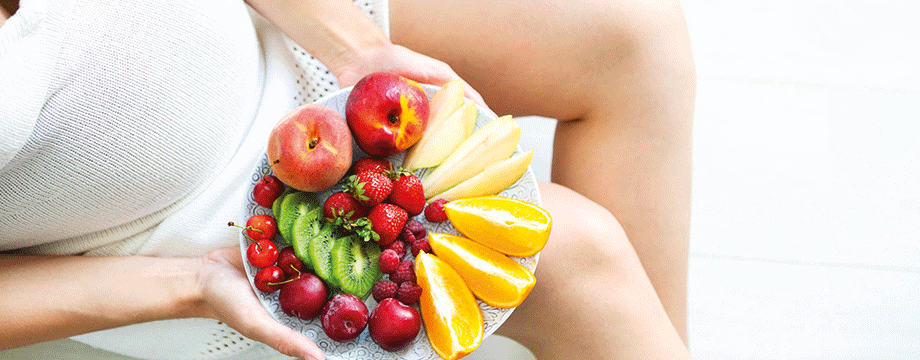Fertility foods

We take a look at some of the best foods to help support your chances of conceiving
If you are planning to try for a baby, then one of the best things you can do is to eat a healthy, balanced diet, full of nutritious, whole foods. “There is the added bonus that when a woman does get pregnant, both she and her baby’s health and development may be optimised with healthy eating habits,” says fertility and integrated women’s health expert Emma Cannon. “Your plate should be mainly plant-based with a small amount of meat per week if you eat meat,” adds Emma, who is working with the myLotus fertility monitor which allows women to identify their most fertile days (www.mylotus.com). Here we highlight some of the best foods to help support your chances of conceiving, plus some foods to avoid or cut back on.
Zinc
“One of the most important nutrients for fertility is zinc,” says Dr Marilyn Glenville PhD, the leading nutritionist specialising in women’s health and the author of Getting Pregnant Faster www.marilynglenville.com. “It is vital for the health and maintenance of the reproductive hormones for men and women and is found in high concentrations in the sperm and is needed to make the outer layer and tail of the sperm. Food sources that are high in zinc include legumes, nuts and eggs.”
Omega-3 fats
“Omega-3 fats can help blood from clotting inappropriately and so can be beneficial to women who have problems with implantation or recurrent miscarriage,” says Dr Glenville. “For men, semen is rich in prostaglandins, hormone-like substances produced from these fats.”
Emma adds: “Prostaglandins regulate the female reproductive system and are involved in the control of ovulation and the menstrual cycle. However, diets that are high in processed, unnatural foods and low in plant foods and oily fish, tend to have too high of a ratio of omega-6 to omega-3. Some experts believe this may be the reason why we suffer from so many problems that have their roots in chronic inflammation. Avoiding eating too many processed foods and eating plenty of oily fish will help you achieve the right balance (the ideal ratio of omega-6 to omega-3 is 4:1).” Also, stock up on flaxseeds, nuts and eggs.
Fruit and vegetables
“Fruit and vegetables contain good levels of antioxidants which are important for healthy eggs and sperm,” says Dr Glenville.
“They are especially important if the woman is over 35 as antioxidants can help with improving the quality of the eggs. Antioxidants such as beta-carotene, vitamin E, zinc and selenium are high in all the coloured fruits and vegetables like carrots, sweet potatoes, berries and beetroots. You will also get good levels of the B vitamins including folate in these foods.”
One to avoid!
Sugar
“In terms of fertility, you need to be careful of all forms of sugar as they all impact on sugar levels and on insulin,” says Emma. “Research demonstrates that high blood sugars and insulin levels consistently produce lower quality and fewer eggs during IVF, with lower implantation rates.
Fruit contains fructose and glucose, and although this has the same effect as other less healthy forms of sugar, it does at least have some benefits to health and fertility. When eating fruit, limit your portions to one a day, eat early in the day and pick fruit with a low Glycaemic Index (GI). Berries, apples and pears are the best choices for balancing blood sugars.”
Read more Your Food articles here...
Read articles from our latest issue here...